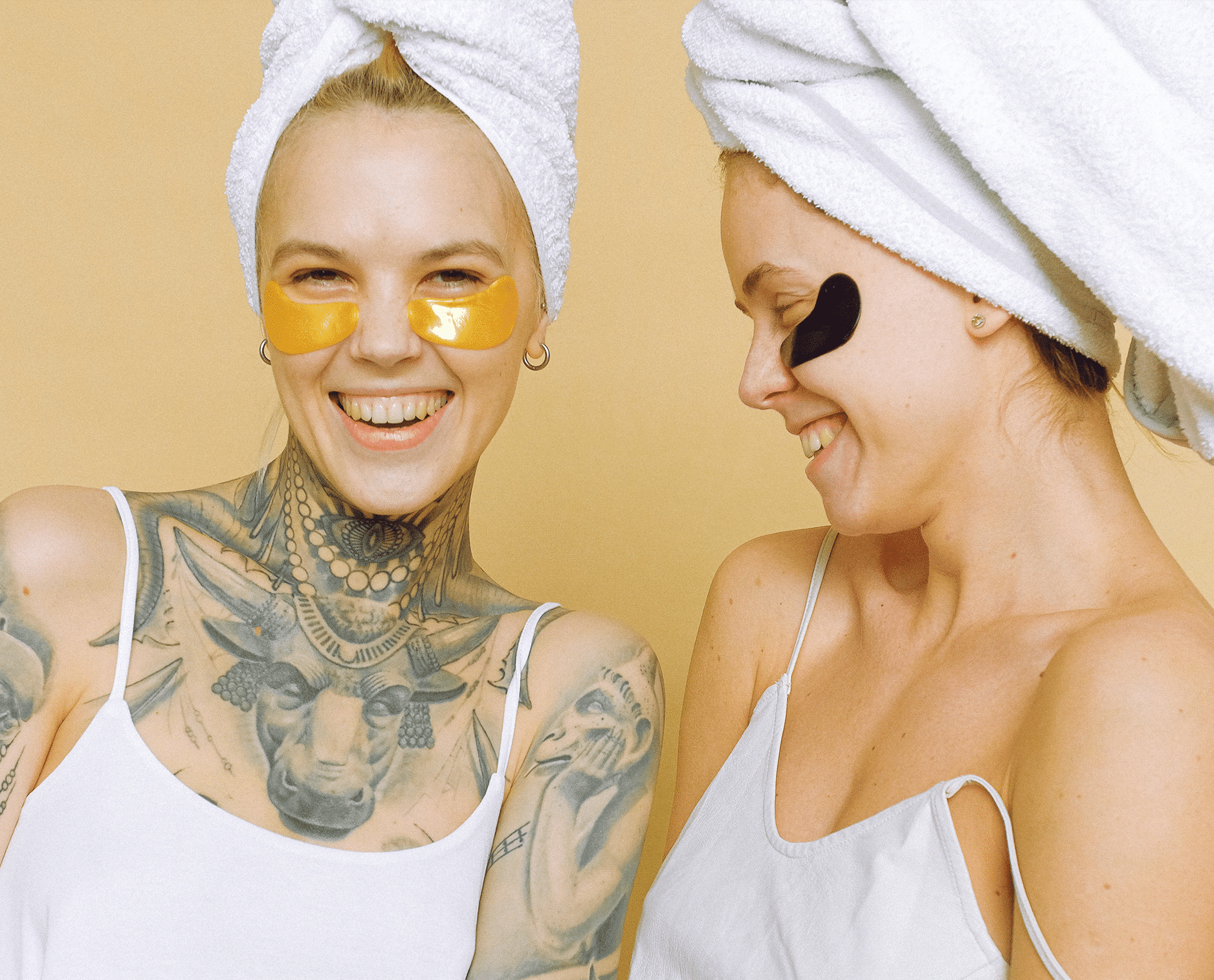What role does personalisation play in the cosmetics industry?

Driven by new technologies, the cosmetics industry is constantly renewing itself. For some years now, the world of cosmetics has been riding a new trend: personalised cosmetics. In other words, tailor-made beauty products, designed especially for you, with ingredients adapted to your skin type, the environment and your values (organic, vegan, cruelty-free, etc.).
We take a closer look at this recent trend among manufacturers.
Personalised cosmetics, tailor made products… what is it all about?
Contrary to what you might think, the customisation of cosmetic products is nothing new… In fact, this tailor made service was first offered in beauty salons. Today, it is emerging on the Internet, enabling everyone to take care of themselves… from home.
As part of a genuine scientific process of analysing your needs, tailor made cosmetics can be applied to both skin and hair. The aim of this new trend? To offer consumers unique formulasdesigned specifically to meet their needs. These range from facial care products capable of moisturising every skin type (dry, combination or oily) to anti-ageing, anti-imperfection and hyperpigmentation treatments.
As you can see, the principle here is to target the assets you need, and to respond to them in an individualised way.
How do you make a tailor made cosmetic product?
Whether carried out in a treatment centre or directly online, the tailor made service often begins with a skin diagnosis. By answering a comprehensive questionnaire about your identity (age, gender) and your daily habits (diet, skincare routine), the skincare professionals will be able to analyse the condition of your skin. At the end of the questionnaire, the results of this analysis are communicated to the consumer. They will then discover information about the nature of their skin, its needs and, consequently, the products and/or ingredients to use to care for it.
Once the ingredients have been selected, it’s time to makethem. Once the various components have been precisely dosed, the formulas are mixed using a rapid rotation system to ensure a perfectly homogenous result.
What does the future hold for personalised cosmetics?
To make personalisation the new mass-market model for cosmetics, manufacturers are going to have to face up to a number of challenges – not least of which involve profound changes to their production and logistics systems.
But while all manufacturers are having to adapt, the task looks set to be more difficult for the smaller players in the sector. They will have to grow fast, without increasing delivery times and therefore customer frustration.
Current regulations on cosmetics, which are particularly stringent in Europe, can also represent an obstacle to personalisation. The regulatory framework requires brands to carry out a multitude of tests to avoid any possibility of toxic combinations of ingredients. As we have seen, tailor made beauty products are a real revolution in the cosmetics industry. However, to meet the ever-increasing demand for personalisation, players in the sector are going to have to adapt their offering and make consumers co-creators of their own products.
It’s a major challenge, and one that we’ll be keeping a close eye on over the next few years!